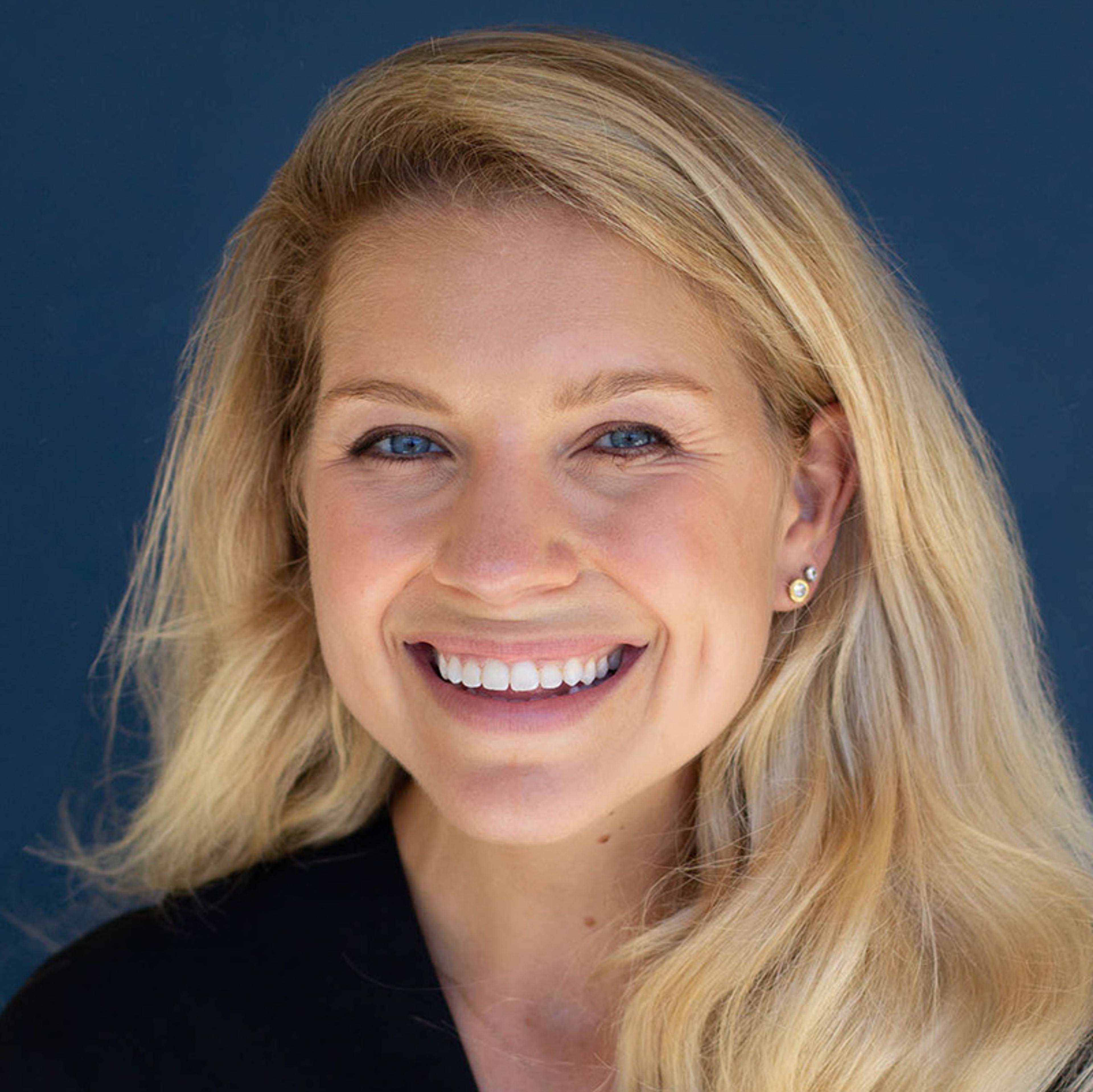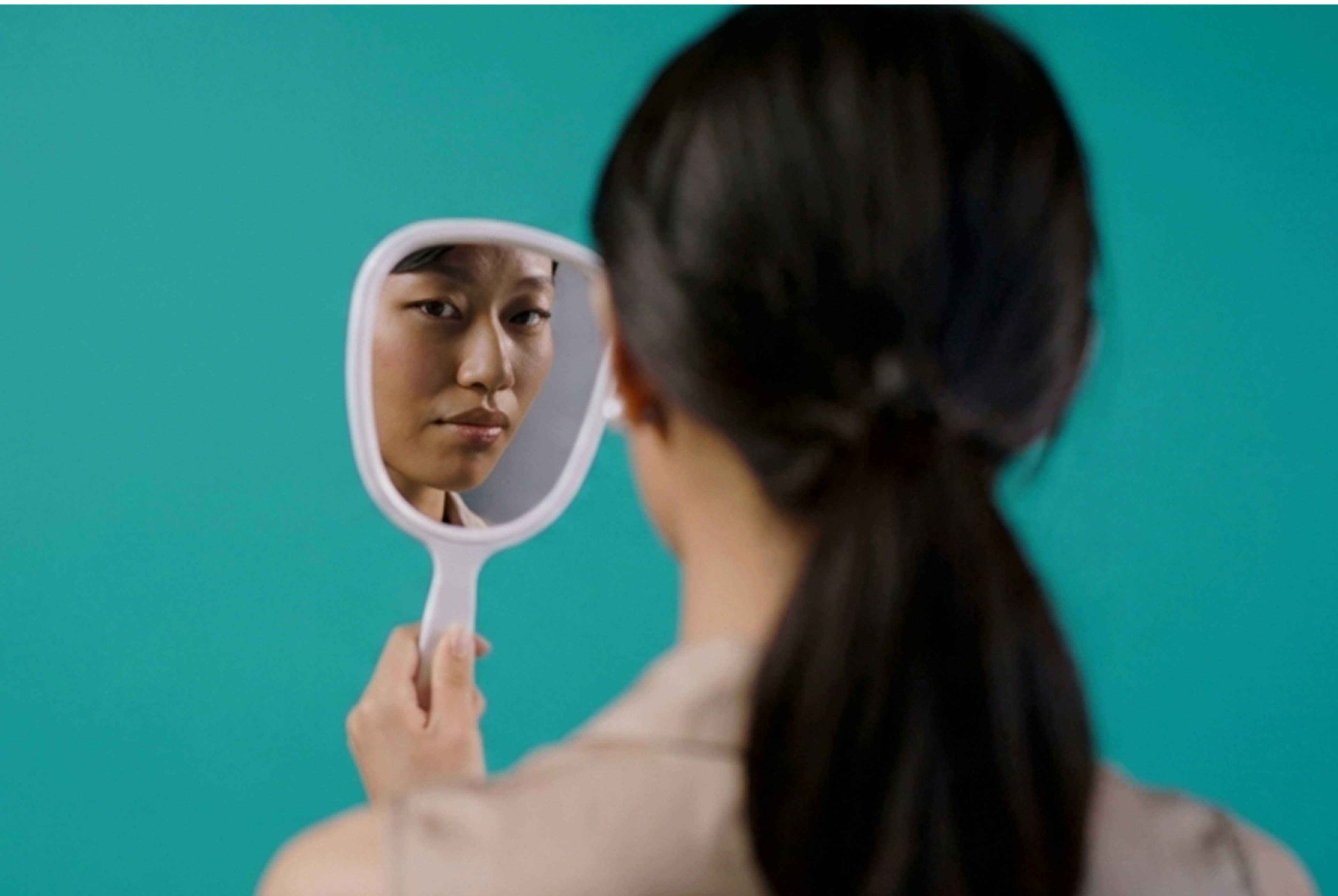
- Many people in eating disorder recovery choose to say they are in "strong, active" recovery vs. "full" recovery.
- This phrasing reflects the fact that diet culture's pervasive force means many must actively work to maintain their recovery.
- Maintaining recovery can be particularly difficult for those in large bodies, for whom the destructive force of diet culture can be even stronger.

The eating disorder field has long debated the definition of “recovery.” It was once believed that you could never fully recover from an eating disorder: while behaviors might abate or even go away completely, those of us who’d been afflicted would always have to suffer with the monster in our heads. We were doomed to fight a lifelong battle to keep the disease at bay.
That’s why when I finally achieved recovery —eating freely and flexibly, making peace with my healthy body, and finally having brain space for more interesting things than food and weight—I wanted to shout it from the rooftops: full recovery is possible, and it’s worth it! Period.
As I founded Project HEAL and then Equip to ensure that everyone had access to the full recovery that I had found, I was humbled by the large and diverse community of eating disorder sufferers that joined, people of all ages, races, genders, classes & body shapes and sizes. Many told me that the message I’d thought was so inspiring — that everyone can achieve “full recovery, period.” — actually felt alienating to them.
It was confusing to me at first, but as I spoke with more people whose recovery journey had been different from my own, it began to make sense. I started to understand why many were more comfortable with the phrase “in a strong and active recovery.” The phrase “full recovery” can imply a sense of ease, complete freedom from the worries about body and food that define an eating disorder, and achieving this state is challenging in a world filled with diet culture myths.
We know that eating disorders have strong neurobiological underpinnings and that what turns an eating disorder on in the brain is insufficient calories. As strong as one’s recovery may be, eating less than your body needs can set off a strong biological cascade that plunges you into the world of the eating disorder, and that’s difficult to pull out of. In fact, weighing even five to ten pounds less than your body naturally wants to weigh significantly increases anxiety and depression. Weighing more makes it easier to counteract the neurobiological wiring some people have that sets them up to develop eating disorders.
And yet, weighing more is really hard in a society where diet culture is thrown at you every single day. Never skipping a workout, cutting out entire food groups, intermittent fasting, and dangerously low-calorie diets are totally normalized and even prescribed (including the much-discussed GLP-1 medications). And we’re continually given the message that only certain bodies have value and that we should all be striving to achieve those—smaller—bodies.
Weighing more is really hard in a culture that idealizes thinness and loathes fatness. When I expressed worry about weight gain in treatment, well-meaning providers and family members assured me that they’d “never let me get fat.” When I recovered, the message was clear: gain weight but not too much weight. Looking back, I wish that my high school treatment team had stressed that weight gain over the next decade of my life wasn’t just normal but critical to maintaining a strong recovery.
Diet culture—this idealization of thinness and everything it takes to achieve it—and fatphobia–stigma, bias, and discrimination against folks who are in large bodies–are rampant in our culture, making recovering from an eating disorder hard. It’s hard for me in a smaller body that society accepts, and even harder for the five million Americans who struggle with an eating disorder today, most of whom are in average or higher-weight bodies and don’t get access to treatment because of it.
The societal idealization of thinness and everything it takes to achieve it has significantly impacted how many people are diagnosed with an eating disorder, especially those in high-weight bodies, as disordered behaviors have been both normalized and encouraged. It is no wonder that 40-60% of elementary school girls are afraid of becoming fat, and hospital admissions for eating disorders have skyrocketed.
It makes sense that people identify with a living recovery that is “strong” and “active” because, in order to protect it, they need to constantly push back against a culture that might enable—or even encourage—harmful behaviors. But if we can begin challenging and divesting from diet culture, we can build a culture founded on healing, joy, community, and peace.
This Mental Health Awareness Month, I encourage you to examine your own views about weight and health. Read about Health at Every Size, Intuitive Eating, and the Fat Acceptance Movement. Familiarize yourself with content creators challenging the status quo, like Sharon Maxwell (@heysharonmaxwell), Virgie Tovar (@virgietovar), Corissa Enneking (@fatgirlflow), Jessamyn Stanley (@mynameisjessamyn), and Dr. Rachel Millner (@drrachelmillner). Notice where you may be holding judgments around food and bodies. Begin challenging those thoughts and invite others to join alongside you.
In doing so, you might also heal yourself.







